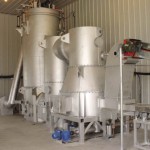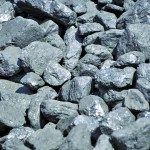Expansions and extensions for tax credits of use to Manitoba farmers and small agribusinesses were laid out Thursday in the province’s latest budget. Finance Minister Greg Dewar’s plan calls for an expansion of the province’s small business venture capital tax credit, broadening its list of eligible businesses to include “non-traditional farming” ventures, as well as









